CDI receives gifts from multinational tech giants
 The Center for Design Innovation (CDI) has recently received gifts from two global technology giants. Microsoft and Facebook
have each provided CDI with cutting edge gear for their latest virtual and augmented
reality platforms. With the purpose of academic research and exploratory design, the
center plans to build out these emerging mixed-reality platforms right here in the
Triad region.
The Center for Design Innovation (CDI) has recently received gifts from two global technology giants. Microsoft and Facebook
have each provided CDI with cutting edge gear for their latest virtual and augmented
reality platforms. With the purpose of academic research and exploratory design, the
center plans to build out these emerging mixed-reality platforms right here in the
Triad region.
Facebook Oculus Rift
CDI received a gift of several Oculus Rift virtual reality developer kits version 2 from Facebook's research division. Oculus
Rift will be used to support CDI research in virtual reality (VR). The VR platform
enables the user to put on a headset, walk through a 3D virtual space and bend down
or step up on tip-toe to look at an object from different angles. The device’s wide
field of view, tracking systems and 360-degree spatialized audio are integral to an
immersive environment. The ability to experience data, explore spaces or examine workflows
in an immersive 3D space can be key to scientific, performance and educational exploration.

“Facebook’s investment in CDI will help attract leading-edge experimentation in computational media, performance, and data visualization,” said Pamela L. Jennings, CDI director.
This new interface technology will give CDI collaborators new ways to explore innovative forms of experience, from gaming to performance to scientific inquiry. The Oculus Rift gift complements CDI’s previous award of the Microsoft HoloLens gear and development kit.
Microsoft’s HoloLens, New CONSTRUKTS Team Member
CDI’s recently announced gift of two HoloLens augmented reality developer kits from Microsoft academic research program will enable
CDI researchers to develop a holographic design-build application for the CONSTRUKTS mixed-reality platform.

"The HoloLens is a technology, not yet released to the public, that looks like a fancy set of sunglasses," says Jennings. It allows the user to see the actual environment while engaging in a virtual game or learning activity. "Imagine, robotic aliens appearing from holes virtually punched into the walls of your room shooting fireballs that you intercept with the click of your fingers."
With support from a National Science Foundation (NSF) CyberManufacturing grant, also previously announced, the CDI will integrate the HoloLens into an application for designing virtual 3D models from physical blocks that can be enhanced with the device and output for a variety of digital manufacturing processes. CDI has added Senior Electrical Engineer Jeff Mueller to the CONSTRUKTS research team. Mueller joins David Castro (Software Developer and long-term collaborator from Bogota, Colombia) and Xinyu Huang (Professor of Computer Science at North Carolina Central University) as team collaborators. Mueller lives in the Triad area and is a member of the local chapter of the Institute of Electrical and Electronic Engineers (IEEE) organization.
The Center for Design Innovation is a multi-campus research center of the University of North Carolina system. Located in the Wake Forest Innovation Quarter in downtown Winston-Salem, NC, the CDI is part laboratory, part workshop and part convening space. The Center is a visual gateway to a newly emerging Winston-Salem and the greater Piedmont Triad Region. As a new kind of incubator engine powering people across a region long known for its innovations in manufacturing and the arts, the Center works broadly with academic, business and local community organizations along with its founding academic partners Winston-Salem State University, UNC School of the Arts and Forsyth Technical Community College.
by Center for Design Innovation
Published: Jan. 20, 2016
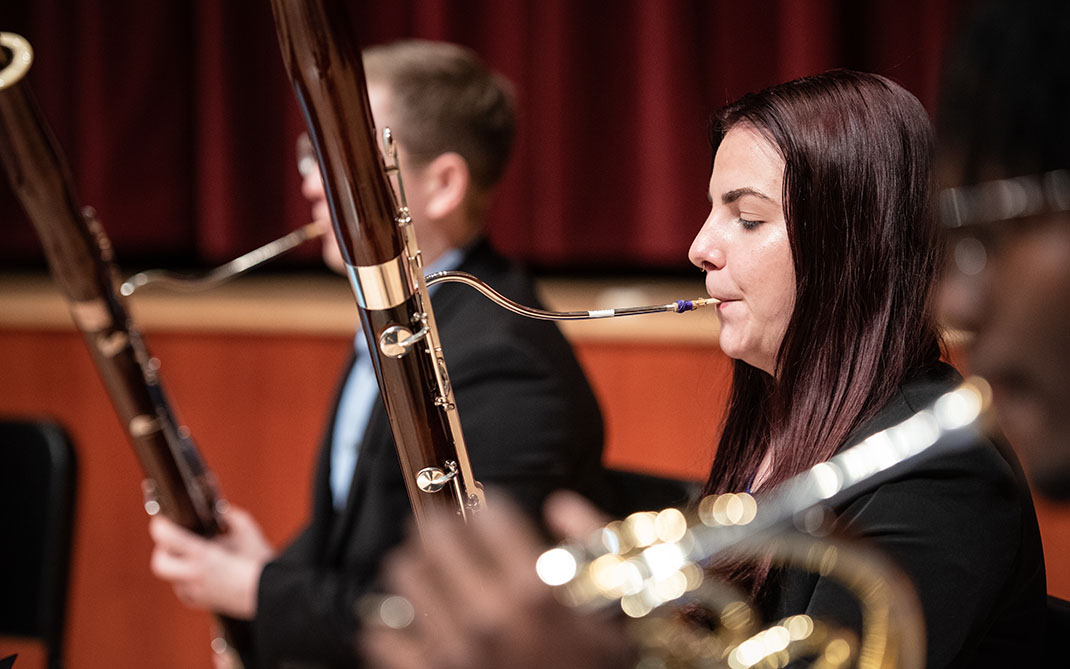

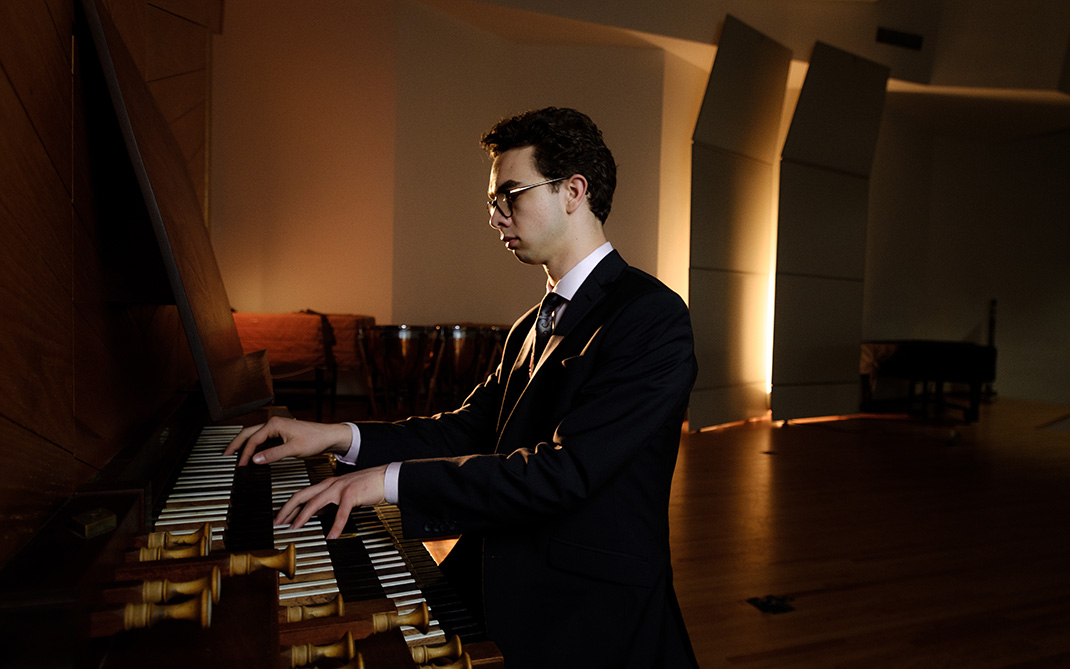
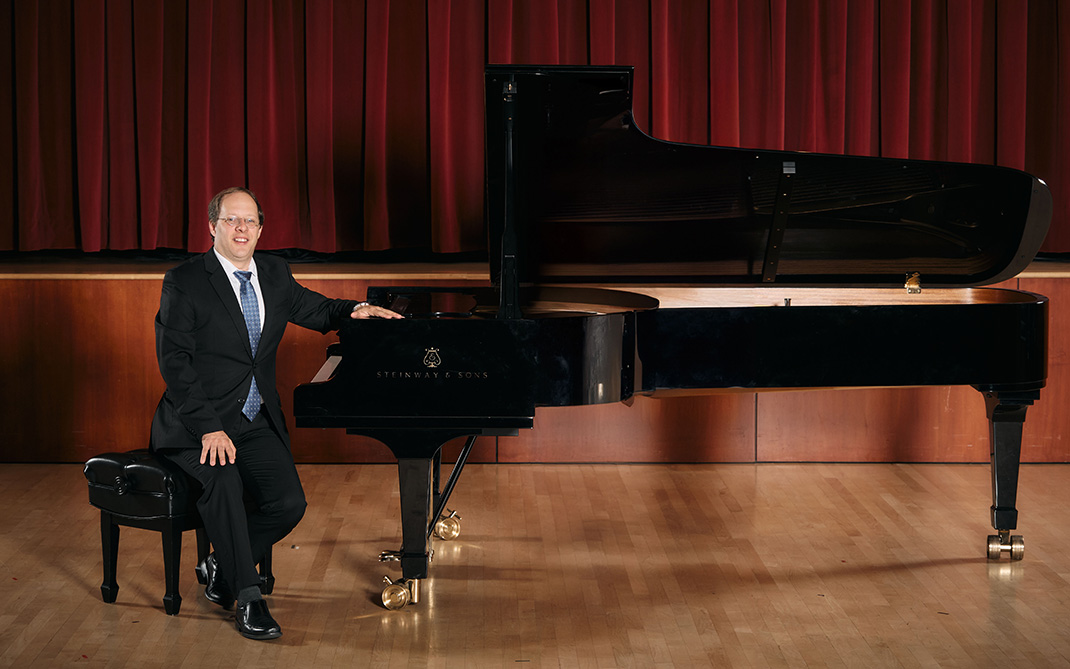
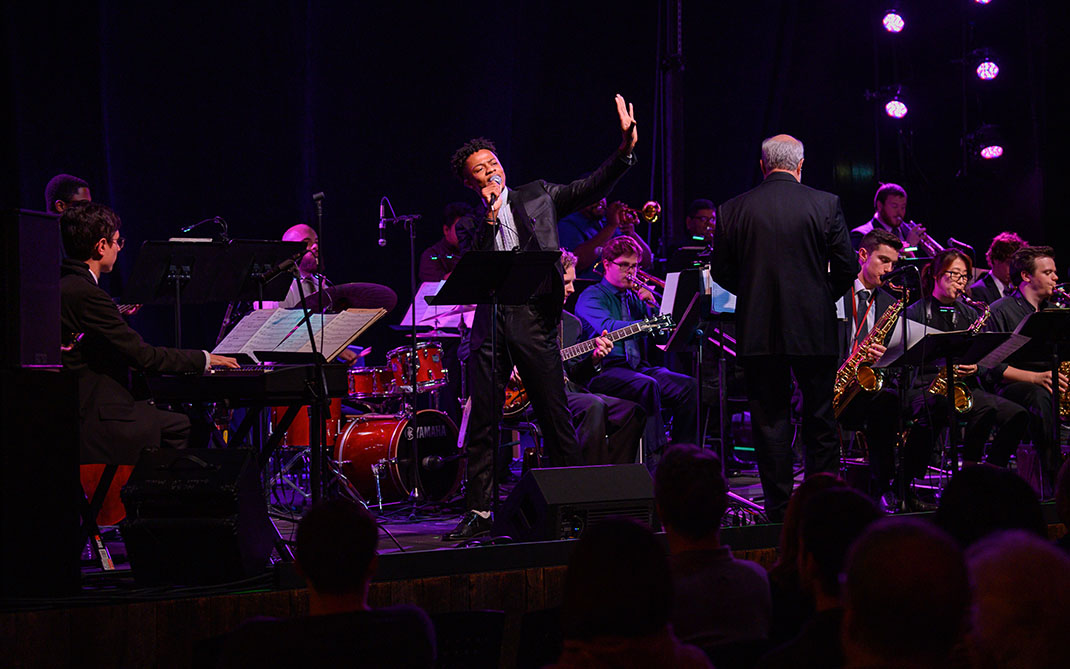
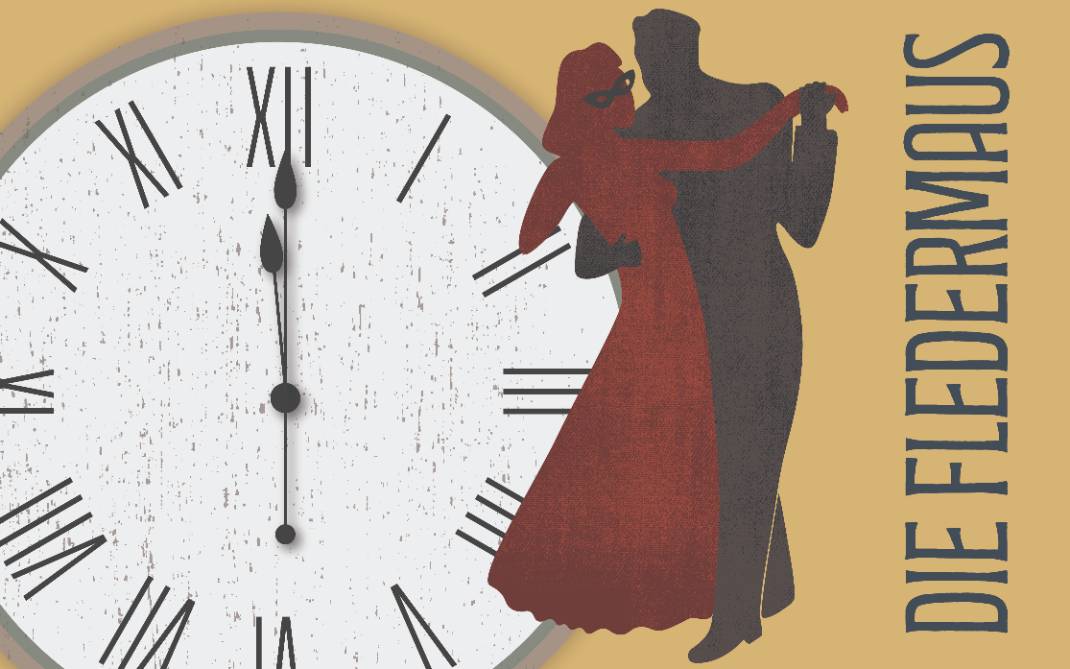

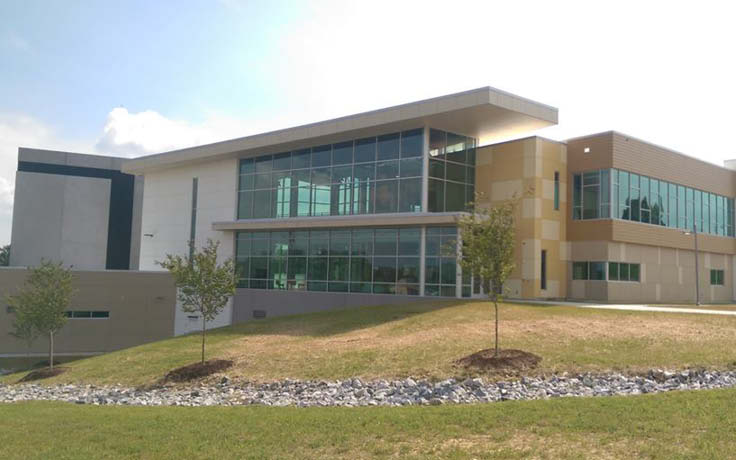 UNCSA and WSSU team up to create research design studios
UNCSA and WSSU team up to create research design studios Flywheel and Center for Design Innovation Announce Program Partnership
Flywheel and Center for Design Innovation Announce Program Partnership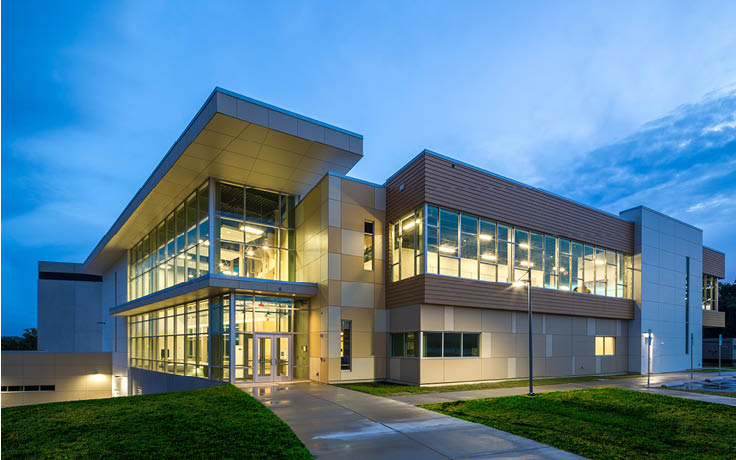 CDI director leaving post for teaching position at WSSU
CDI director leaving post for teaching position at WSSU